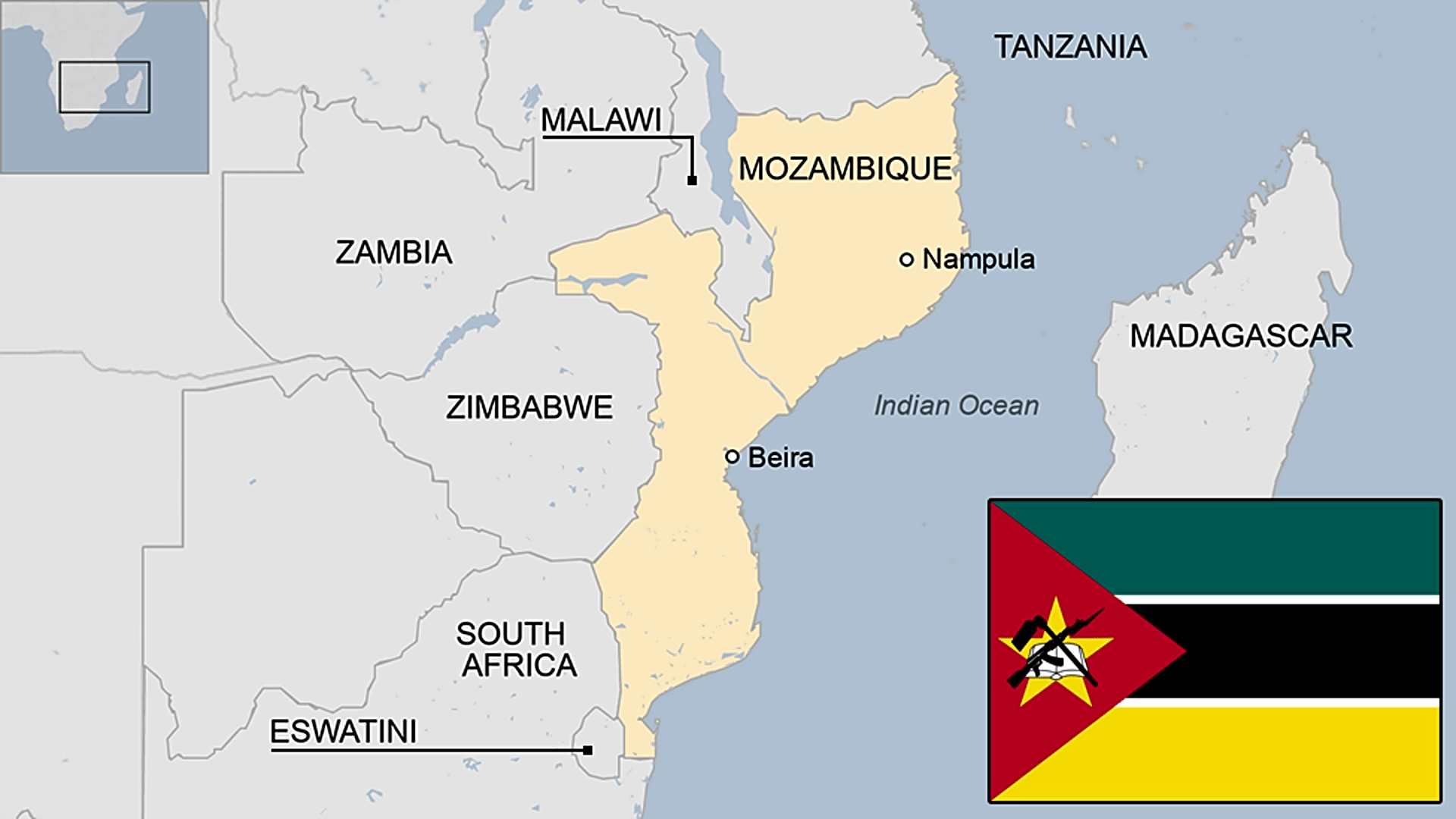Introduction
Sustainable development is imperative for Africa’s growth and well-being, and harnessing the power of Artificial Intelligence (AI) can play a vital role in achieving this goal. AI has the potential to revolutionize various sectors, including agriculture, healthcare, transportation, and energy, and drive sustainable development initiatives across the continent.
The Role of AI in Agriculture
Agriculture is the backbone of many African economies, and AI can significantly enhance productivity, efficiency, and sustainability in this sector. By utilizing AI-powered analytics and sensors, farmers can make informed decisions regarding crop health, irrigation, and soil quality. This technology can help optimize resource allocation, reduce water wastage, and minimize the use of harmful pesticides. Additionally, AI algorithms can predict weather patterns and provide early warnings of potential crop diseases or natural disasters, enabling farmers to take preventive measures.
AI-Driven Healthcare
The healthcare sector in Africa faces numerous challenges, such as limited access to quality healthcare services and a shortage of medical professionals. AI can address these issues by providing innovative solutions. For instance, AI algorithms can be employed to analyze medical data, improve diagnostics, and detect diseases at an early stage. This can enable more accurate and timely treatments, especially in remote areas where doctors may not be readily available. Furthermore, AI chatbots can provide basic medical advice and information, extending healthcare support to underserved populations.
Transforming Transportation
Inadequate transportation infrastructure is a significant obstacle to development in Africa. AI-powered technologies can help solve this problem by optimizing transportation systems, reducing congestion, and improving road safety. Intelligent traffic management systems can analyze real-time data from sensors, cameras, and smartphones to optimize traffic flow and reduce travel time. Additionally, AI can facilitate the development of autonomous vehicles, enabling safer and more efficient transportation options for both urban and rural areas.
AI for Sustainable Energy
Access to reliable and affordable energy is crucial for sustainable economic growth. AI can enhance energy management systems, promote renewable energy sources, and increase energy efficiency. By analyzing energy consumption patterns, AI algorithms can identify opportunities for energy conservation. Smart grids can intelligently balance energy supply and demand, resulting in optimized energy distribution and reduced wastage. Furthermore, AI can facilitate the integration of renewable energy sources, such as solar and wind power, by predicting optimal conditions for their utilization.
Challenges and Considerations
While AI offers numerous opportunities for sustainable development in Africa, several challenges must be addressed. First, there is a need to bridge the digital divide and ensure equitable access to AI technologies, particularly in rural or underserved areas. Additionally, concerns regarding data privacy, ethics, and biases in AI algorithms must be carefully addressed to build trust and ensure responsible AI deployment. Collaborations between governments, organizations, and tech companies are necessary to overcome these challenges and promote sustainable development powered by AI.
Conclusion
AI has the potential to revolutionize sustainable development in Africa across various sectors. By leveraging AI technologies, African countries can enhance agricultural practices, improve healthcare access, transform transportation systems, and promote sustainable energy solutions. However, overcoming challenges such as equitable access, data privacy, and ethical considerations is crucial. With careful planning, investments, and collaborations, Africa can harness the power of AI to drive sustainable development and pave the way for a prosperous future.


